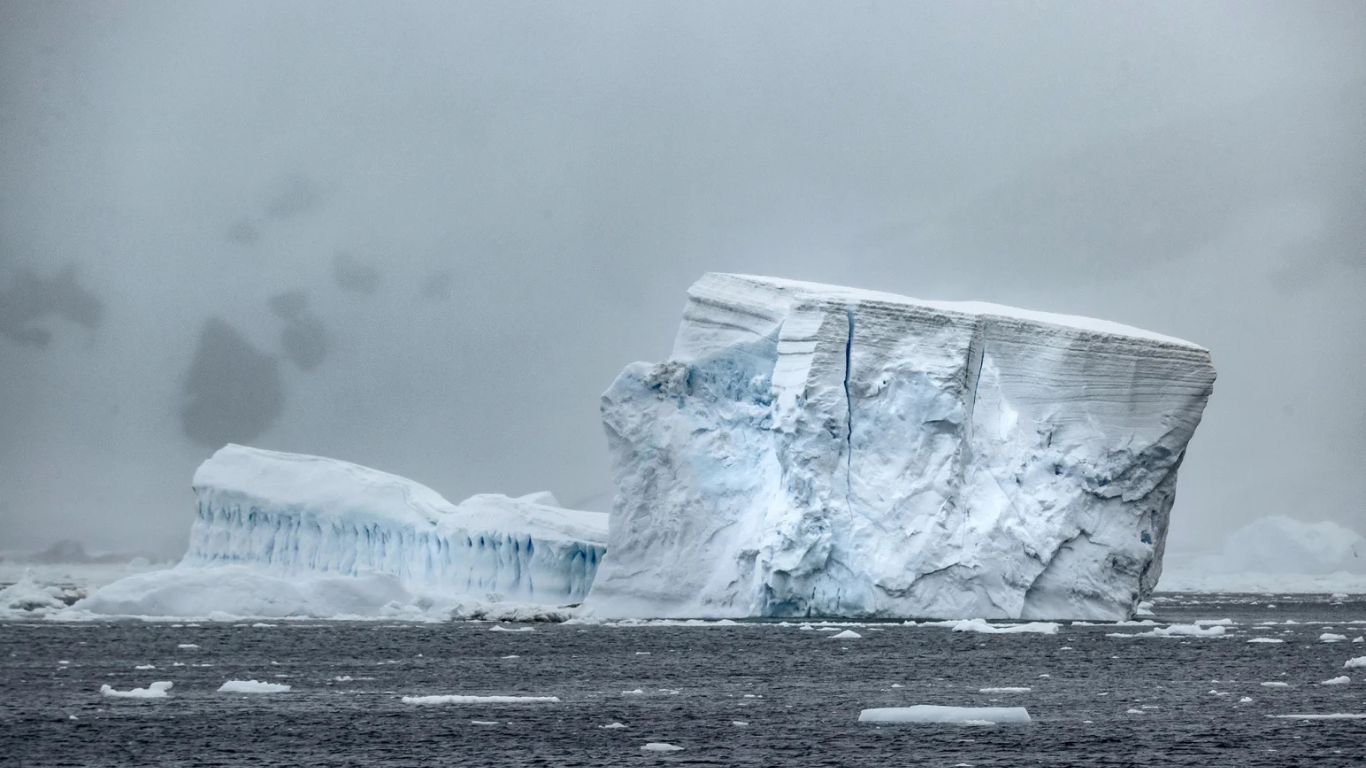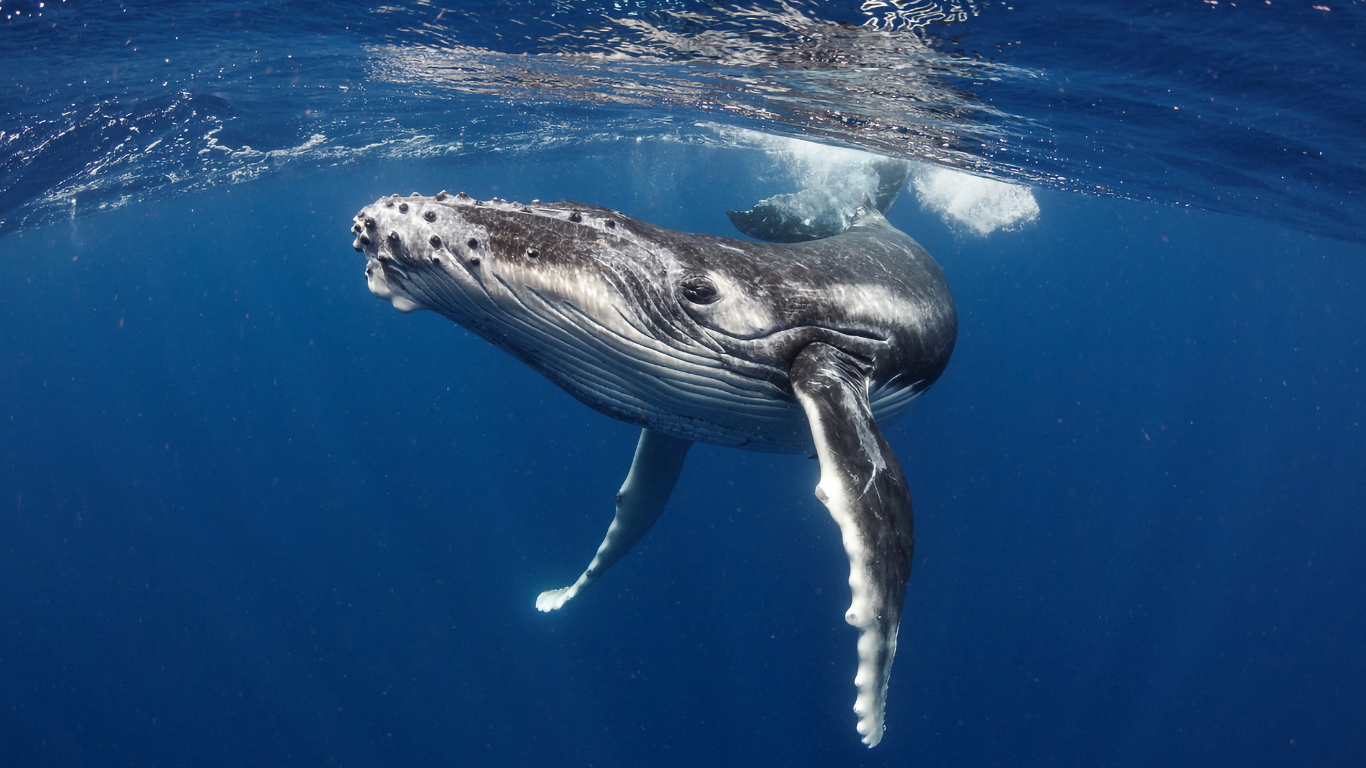Adapted from CNN.com
By Laura Paddison (May 20, 2025)
Ice sheets are melting faster than expected – even at climate targets
A new study warns that Earth’s ice sheets are melting at alarming rates – and even if the world meets its climate goal of limiting warming to 1.5°C, it might not be enough to stop dangerous sea level rise.
Researchers reviewed satellite data, climate models and historical evidence, including ice cores and ocean sediments. Their conclusion: both the Greenland and Antarctic ice sheets are highly vulnerable, and major melting could happen even at current global temperatures (around 1.2°C above pre-industrial levels).
Together, these ice sheets hold enough water to raise sea levels by about 213 feet – a worst-case scenario, but even smaller losses could displace millions. Already, ice loss has quadrupled since the 1990s, and the current pace of melting adds about 370 billion tons of water to the oceans each year.
By the end of this century, seas could rise by about 40 inches. That would force massive coastal migration and cause damage beyond what many communities can adapt to.
The study also notes that earlier estimates underestimated the risk. What was once thought to be a safe threshold (3°C) is now believed to be closer to 1 – 1.5°C. Keeping warming below 1°C would offer the best chance to avoid collapse, but this would require sharp reductions in fossil fuel use – something not currently on track.
Despite the grim outlook, scientists stress that every fraction of a degree matters. While 1.5°C won’t stop sea level rise, it could still reduce the scale of the damage.
“There’s very little that we’re observing that gives us hope,” said one researcher, “but hitting 1.5°C would still be a major achievement.”




